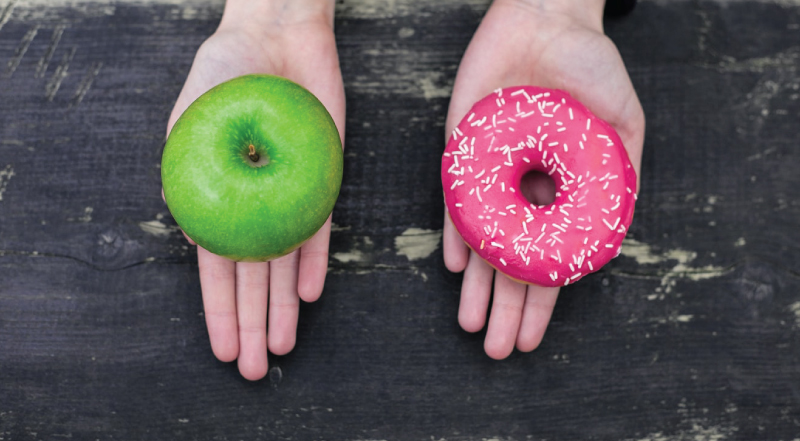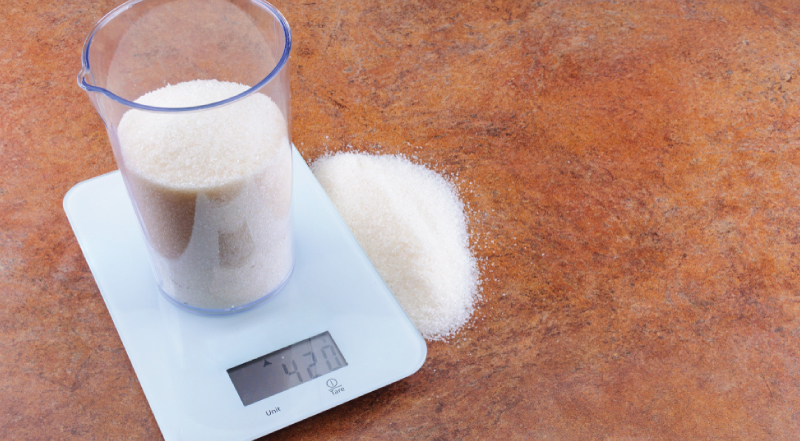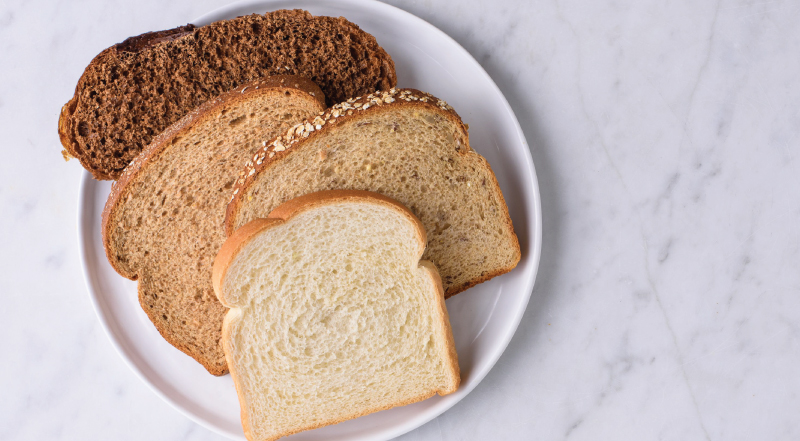
Pre-register now
Get notified once StepChain is available
and benefit from 1,000 STEP points
and benefit from 1,000 STEP points

.jpg)
Sugar can be an essential part of some people’s lives, especially those who are classified as “sweet tooth” and whom sugary food are more important than lunch or dinner. However, while sugar makes everything sweeter and maybe tastier, one should not neglect the fact that the word sugar describes not one but many types of sweetener. And while you’ve heard a lot of facts about sugar being unhealthy, we assembled the best facts you need, from the best professionals, in order to understand sugar better.
Read on.

Natural vs. added sugar
Natural sugar is the sugar food in foods such as fruits, vegetables, grains and some dairy products. On the other hand, added sugar is the sugar that has been added to some foods during processing and this type of sugar does not occur naturally. It can be found in foods ranging from juices to honey. What makes it different from natural sugar is that it is more nutrient-poor and more energy-dense which means it has a lot of carbohydrates and calories and offers low or no nutritional value.
Consuming a lot of the latter is associated with poor dietary decisions which could lead the high levels of triglycerides and weight gain due to the high level of calories consumed, which could lead to many chronic health issues.
While consuming a lot of added sugar is problematic, consuming natural sugars does not have the same effects.

Differences between sugar labels
There are three most common sugar labels:
Low sugar means that the product contains less than 5 grams of sugar per 100g.
Sugar-Free means that every serving of this product has less than 0.5 grams of sugar per serving. The sweetness might be boosted using artificial sweeteners such as aspartame.
Reduced-Sugar means that the product has 25% less sugar in comparison to the original product with its initial serving size.

What is the recommended daily limit of sugar?
The daily limit of sugar has been set to 9 or fewer teaspoons or what is equivalent to 36 grams of sugar per day for men, and 6 teaspoons or 25 grams for women. This is equivalent to almost 10 ounces of soda or 12 to 15 pieces of large jelly beans candy. Is your daily intake more than this?

What benefits reducing the consumption of sugar brings you?
The link between chronic disease and the consumption of added sugar is multifaceted. However, reducing the amount of sugar consumed can bring lots of benefits to people’s health. Some of these benefits are the following:

Some sources of hidden added sugar
Candy and soda are not the only foods that contain added sugar. In fact, there are many foods, you won’t suspect, that are packed with these artificial components. In order to avoid them, one needs to know them. Here is a brief list of these:
2 Comments
EVEREST MOSS
GUILLERMO MANNING